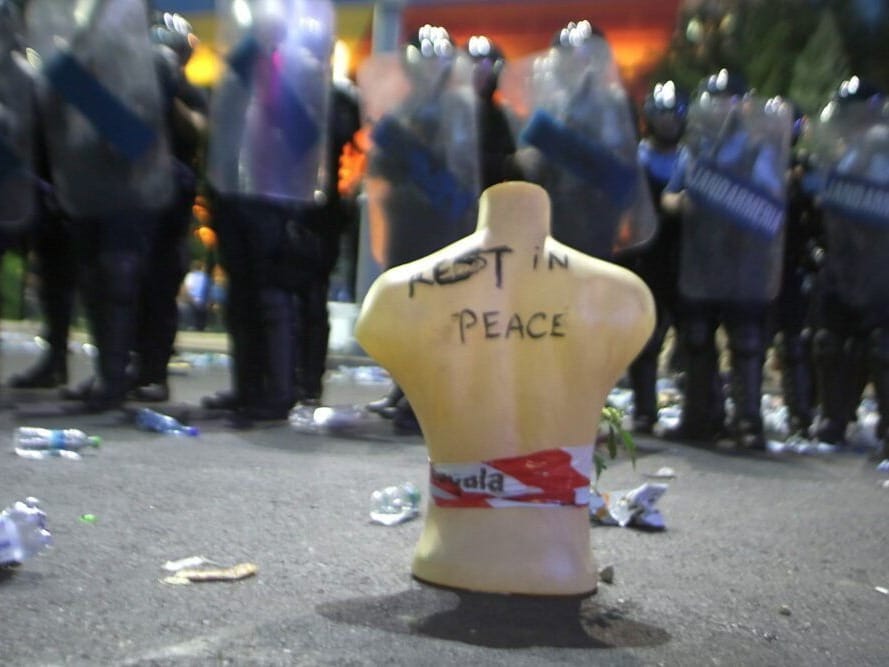Corruption erodes governance but the fight against it can bring some unintended consequences. Shine too bright a light on the shortcomings of democracies and international organizations, and populist leaders could capitalize on polarizing forces such as extremism, racism and injustice.
While the anticorruption movement focuses on exposing and prosecuting crimes, it spends less time considering the after effects of major corruption scandals. Such were some of the dark themes and undercurrents being explored this week at an anti-corruption conference in Copenhagen.








